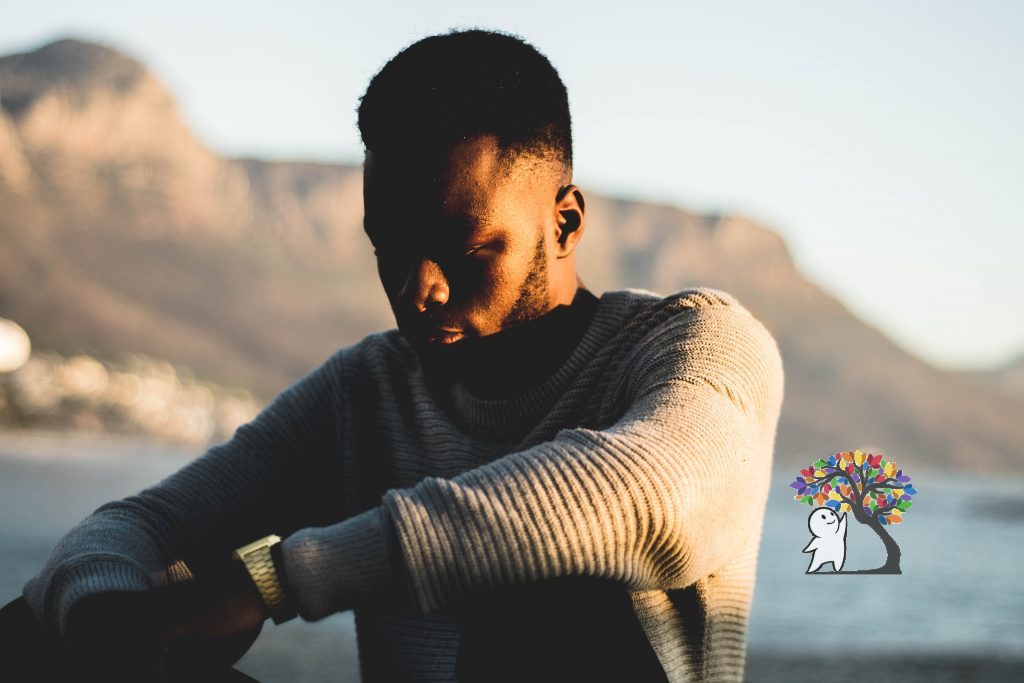Social isolation and its effects among teenagers

Alex is a seventeen year old girl. However, she is socially isolated. By many standards, she is a very normal teenager but it is on close observation that one notices an unusual trait in her. She has little to virtually nonexistent interaction with most; if not all people she encounters every day.

At school in class, she struggles to interact with others. She will not converse, fight, laugh or relate in any way. A new teacher would excuse her coldness to discipline. Alex would rather sit at the back of the class with her head down, buried in her books. Sometimes, she won’t even be reading.
Her life of isolation continues, answering only when spoken to and just uttering enough words to satisfy the person who has broken her bubble of loneliness. Nobody approaches her. Her peers and friends might even describe her as a freak, a loser, and an outcast… Alex is an outsider.
Experts might describe Alex as socially isolated. It is distinct from solitude, which is when the individual in question chooses to separate themselves from their peers.
Social isolation refers to when an individual feels separated to society. It is most commonly associated with the individual feeling like their quality of life has decreased. Patients of developmental disorders such as autism tend to feel the need to isolate themselves because they feel uncomfortable due to their slow understanding of social cues. For instance, they fail to read basic body language. Outsiders also tend to worsen a socially isolated individual’s condition because they cannot relate to the person. Usually, they may be labeled as ‘different’ and people make a conscious effort to avoid the person at all costs.
Sometimes we may feel the need to dissociate ourselves from society, but prolonged periods of time alone are generally harmful to mental well-being. Humans are naturally social beings and as much as we may deny it, we need to form connections with others. There is emotional and physical safety in numbers. As a result, when we are alone, we tend to be more vulnerable to the onslaught of psychological diseases.
Though isolation is displayed with the same symptoms in people of all age groups, its effects on youths, especially in the teenage age group are a lot worse. When affected by social isolation at a young age, the protein cells needed to develop the nervous system are disrupted in their maturation process. The dysfunction then causes long-lasting behavioral issues ranging from cognitive and social problems to having a faulty long-lasting memory. Denial of human companionship could affect health related problems. Issues that may arise include severe cases of stress or psychological breakdowns which send the human immune system into a state of panic.

Through research, it has been found that the brains of isolated individuals responded differently to the brains of those who have an active social life. A study was conducted using photographs, and when the individuals who were isolated viewed happy photographs, they had a lesser amount of activity in their ventral striatum, a nerve in the brain which is activated when learning new things, than to that of their actively social counterparts. The social experiment was concluded by showing the subjects photographs that were generally unhappy and unpleasant. Again, the isolated individuals displayed less activity than the non-isolated subjects in their temporoparietal junction, the nerve associated with empathy.
While technology has brought a lot of betterment in people, it has downsides that manifest themselves in social isolation. Through the progression of time, the number of people reported to suffer from social isolation has increased in numbers. As the information age has marched on over the decades, the numbers of socially isolated individuals have increased significantly in comparison to what they were thirty years ago. Society has inadvertently lost its rich sense of community, contributing to the susceptibility of youth becoming socially isolated. Consider the many people who would rather communicate with their friends online than with the community around them.
As opposed to social isolation, solitude may be beneficial to a person in which he/she may take time to reconnect with his/her inner being in the hope of attending to personal needs, reconnecting with inner feelings, tuning into their beliefs and realigning their values. When solitude is taken to the extremes, social isolation will take place and the individual will shrink into themselves. In turn, they may develop feelings of loneliness, helplessness, meaninglessness, social anxiety and depression, among other conditions. Alex may have begun as an individual who occasionally enjoyed her time spent alone, but over time, it manifested into something much greater than just simple time dedicated towards her inner growth.

With this said, we need to find ways to curb the increase of cases involving individuals who feel socially isolated. Adopting a positive body image could be the first step you take. Feeling negatively about the way you hold yourself can be a large contributor to decreased social interaction. Sometimes, you may feel that everybody is looking at the flaws which you are desperately trying to hide.
Finding a purpose may be another: trying simple things that increase your appreciation of day-to-day living could help boost your longing to interact. Therapy may also be beneficial. Sometimes, we need others to help us put things into perspective. Isolation is deadly. Through engaging with others, and recreating the togetherness we so desperately need, we just may eradicate social isolation.
References:
Social Isolation – How to Help Patients be Less Lonely | Patient
Social Isolation: Definition, Causes & Effects – Video & Lesson Transcript | Study.com




Can you do an article on selective mutism?